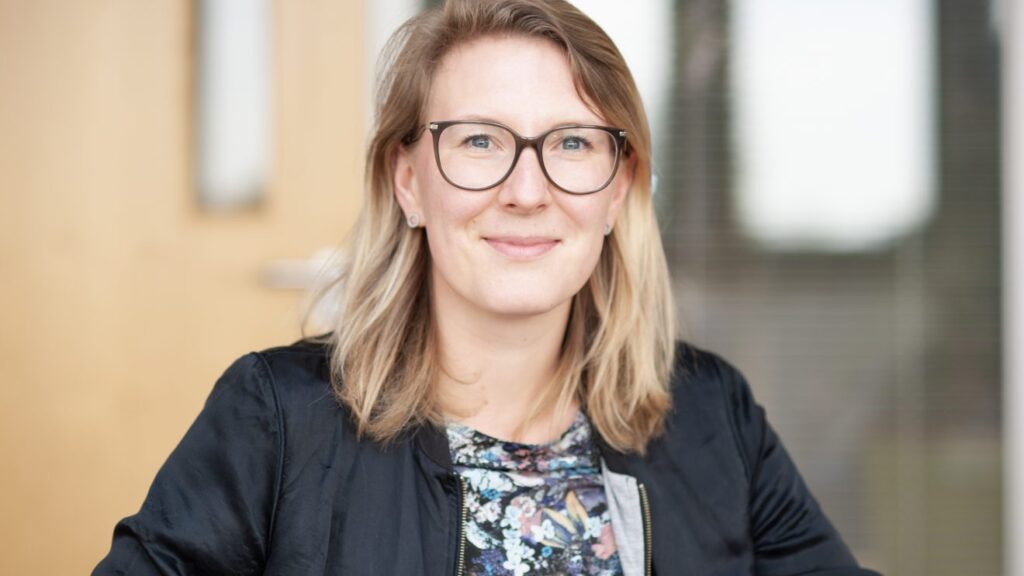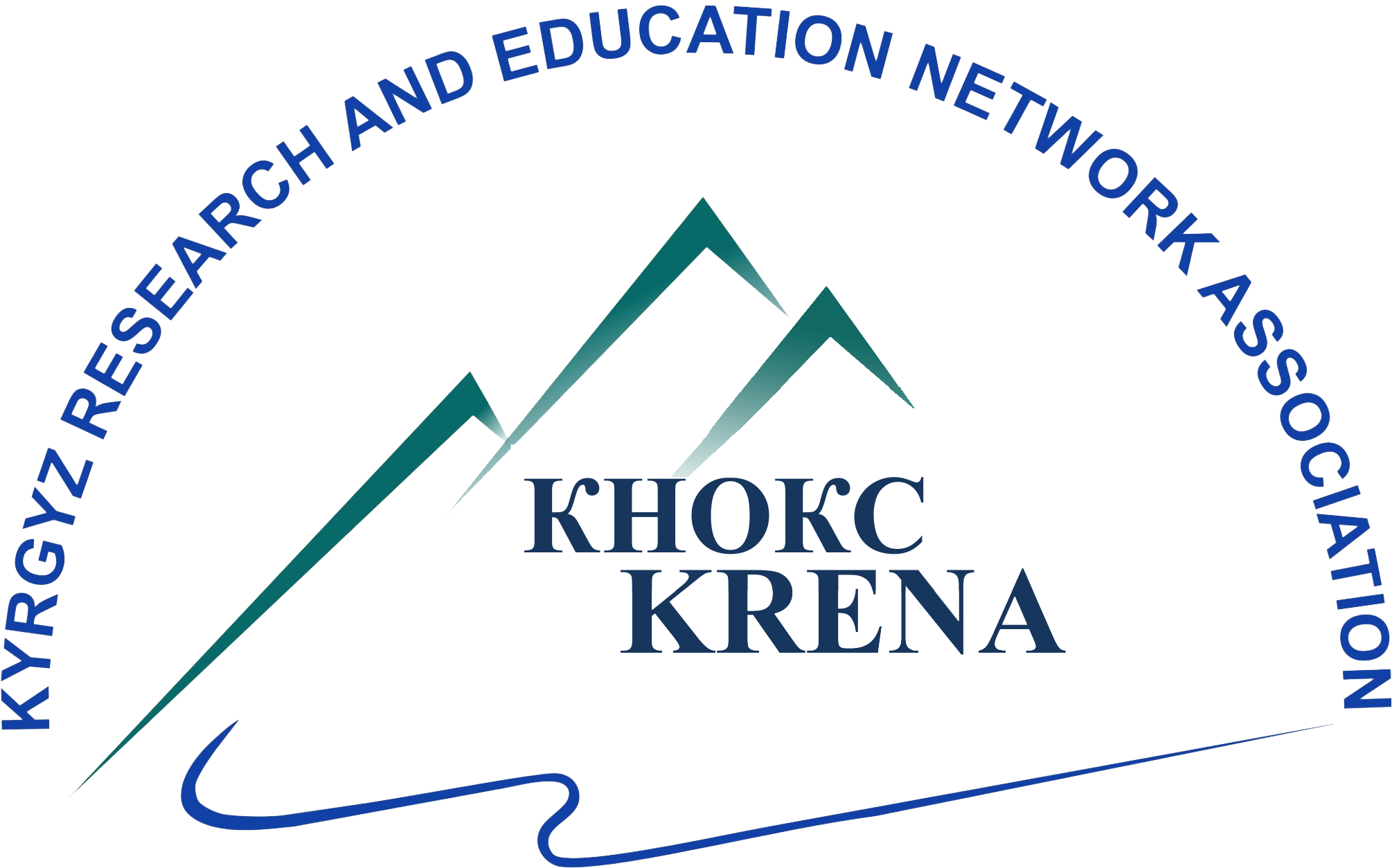"Кыргыз илим жана билим түйүнү" Ассоциация
Ассоциация "Кыргызская научная и образовательная компьютерная сеть"

Veronika Di Luna was GÉANT’s project manager for the CAREN3 Project, the last of a series of successful initiatives bringing high-speed connectivity and enhancing scientific collaboration for the R&E communities in Central Asia. CONNECT interviewed her about the project’s achievements and the continuation of its legacy through the CAREN CC.
Interview by Leonardo Marino, GÉANT
Veronika, why is CAREN such an interesting case and what did it mean for research communities in Central Asia?
Central Asia is a complex region, standing on the geopolitical crossroads between Asia and Europe, and it’s extremely rich in natural resources, culture and history. In terms of Research and Education, the CA countries (Kazakhstan, Kyrgyzstan, Tajikistan, Turkmenistan and Uzbekistan) have a vast potential and count on solid traditions, with roots in their Soviet past. However, the area also suffers from being geographically isolated, with mountainous or desert regions and being far from the sea, and making physical connections with the rest of the world – by land or air – has always been difficult. Having family in Turkmenistan and having lived there myself at a young age, I personally remember travelling for days and days with my parents in order to get there. But while physically reaching those countries might still be quite complex, it can now be easy in a digital environment.
In that respect CAREN served as the enabler of Digital Highways for the R&E communities in Central Asia, offering students, academics and researchers the opportunity to collaborate and take part in global initiatives.
More than a project, CAREN has been a programme, running for 10 years, responding to tangible needs of these communities and significantly contributing to the reduction of their digital divide. Furthermore, it produced real use cases and allowed R&E communities in CA to grow, prosper and communicate in an international arena through high-quality and high-speed internet connection and using many of the services that the GÉANT community provides.
It was highly beneficial for the region that the European Union could create this opportunity by providing funding to CAREN projects for the past 10 years. In this respect we at GÉANT believe that investment in or funding for NRENs or regional RENs supports and enables the national and regional digital agendas.
Expanding on your last point, in what ways did the NRENs in the region benefit from the collaboration with GÉANT?
Similarly to other international projects managed by GÉANT, together with our partners in CA, we focused on four main directions:
Connectivity: relying on EU funding and on GÉANT’s expertise in project management and procurement – we succeeded in connecting Central Asian countries (specifically Turkmenistan, Tajikistan, Kazakhstan and Kyrgyzstan at the time of maximum coverage) to GÉANT’s pan-European network.
Deployment and promotion of Services: this was made possible thanks to the expertise shared with CA NRENs by our European counterparts and to the funding that was made available for adoption, training and promotion.
Capacity Building: several workshops and trainings were organised in the region for users and for the NRENs, ensuring their transformation into strong players in the global R&E environment and creating Knowledge Bases that would benefit the region for many years to come.
Promotion and visibility: we organised large conferences every one or two years, attracting users, governmental representatives, funding organisations, e-infrastructures and other relevant international stakeholders. The discussions would then serve as a platform for further cooperation and digital development.
Overall, what are the project achievements you are most proud of?
When the project started back in 2009, NRENs were already established but we were lacking a legal entity that would act as regional coordinator. In my opinion, one of the major achievements of the project was the establishment of the CAREN Cooperation Center (CAREN CC), that was established in 2017 and that took the lead on behalf of all NRENs. From GÉANT’s point of view we see a strong value in having regional coordinators, to facilitate work with international donors, aggregate the demand and spread the knowledge. Of course, other key achievements were also the stable and high-quality internet connectivity, going all the way back to Europe, and the introduction of key services such as Eduroam and eduGAIN.
